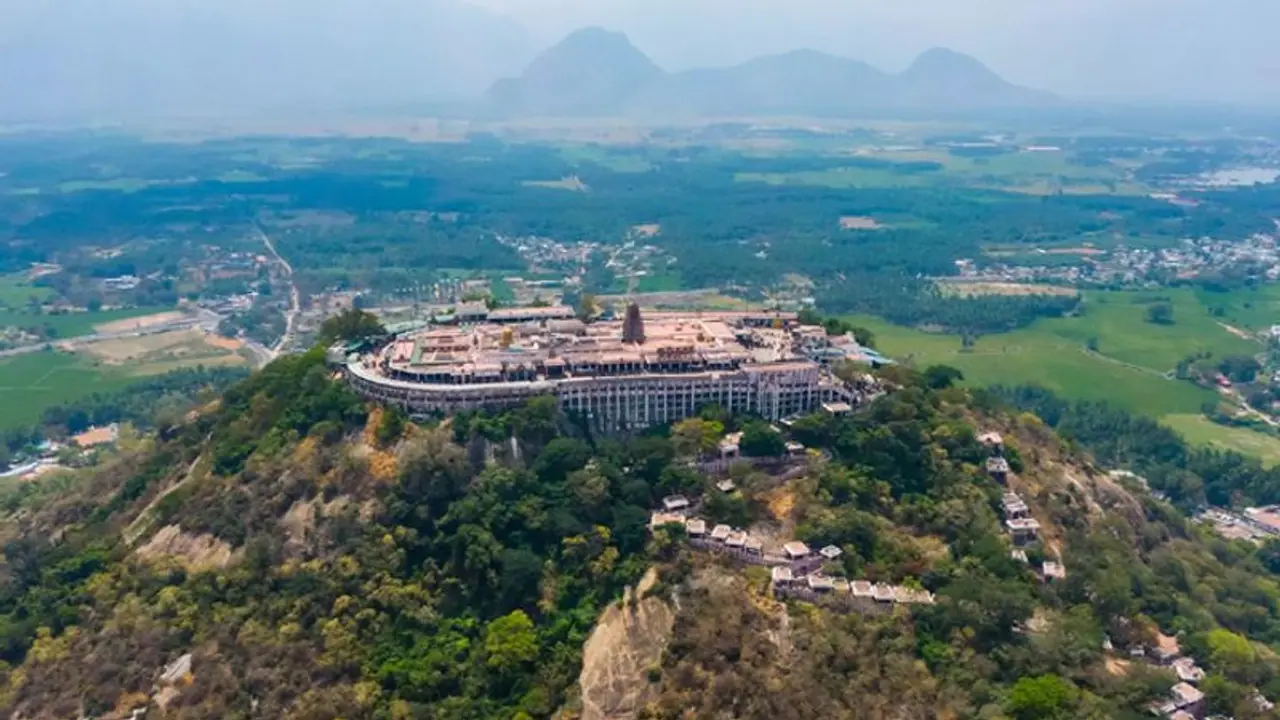The Madras High Court has directed the Tamil Nadu government and the State Hindu Religious and Charitable Endowments (HR&CE) Department to restrict the entry of non-Hindus beyond the flagpole area in the Palani temple and its sub-temples.
The Madras High Court has issued directives to the Tamil Nadu government and the State Hindu Religious and Charitable Endowments (HR&CE) Department to enforce restrictions on the entry of non-Hindus beyond the flagpole area in the Palani temple (Arulmigu Dhandayuthapaniswamy Temple) and its sub-temples in Tamil Nadu.

Justice S Srimathy of the Madurai bench emphasized that temples are places of worship, not picnic spots, and asserted that Hindus, like other communities, have the right to practice their religion without interference. The court instructed the state government to install boards indicating that non-Hindus are not allowed beyond the flagpole inside the temple premises.
To further regulate entry, the judge mandated that if any non-Hindu wishes to enter the temple, they must provide a written undertaking affirming their belief in Hindu religion, its customs, and the temple deities.
The court's decision stemmed from a petition filed by D Senthilkumar, the organizer of Palani Hill Temple Devotees Organisation, seeking directions for the installation of prohibitory boards and signages. Senthilkumar recounted an incident where a Muslim family, clad in "Burqas," attempted to visit the Palani hilltop, leading to a confrontation with authorities who argued the absence of a board prohibiting non-Hindus.
Justice Srimathy dismissed the state government's concerns about potentially hurting religious sentiments, emphasizing that not prohibiting non-Hindus could adversely affect the sentiments of Hindu believers and worshippers. The judge underscored that Hindus also have the right to freely profess and propagate their religion, as guaranteed by the Constitution of India.
The court criticized the HR&CE Department for showing "misplaced sympathy and misplaced worry" for the sentiments of non-Hindus while emphasizing its mandate to protect Hindu religion, temples, customs, and practices.
Addressing the Temple Entry Authorisation Act, 1947, the judge noted its focus on eradicating discrimination within the Hindu community but highlighted its absence regarding the entry of non-Hindus. The court cited incidents from other temples, emphasizing the need to safeguard the fundamental rights of Hindus to practice their religion without interference.
